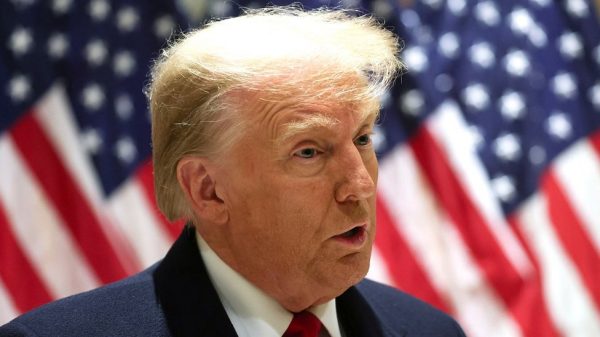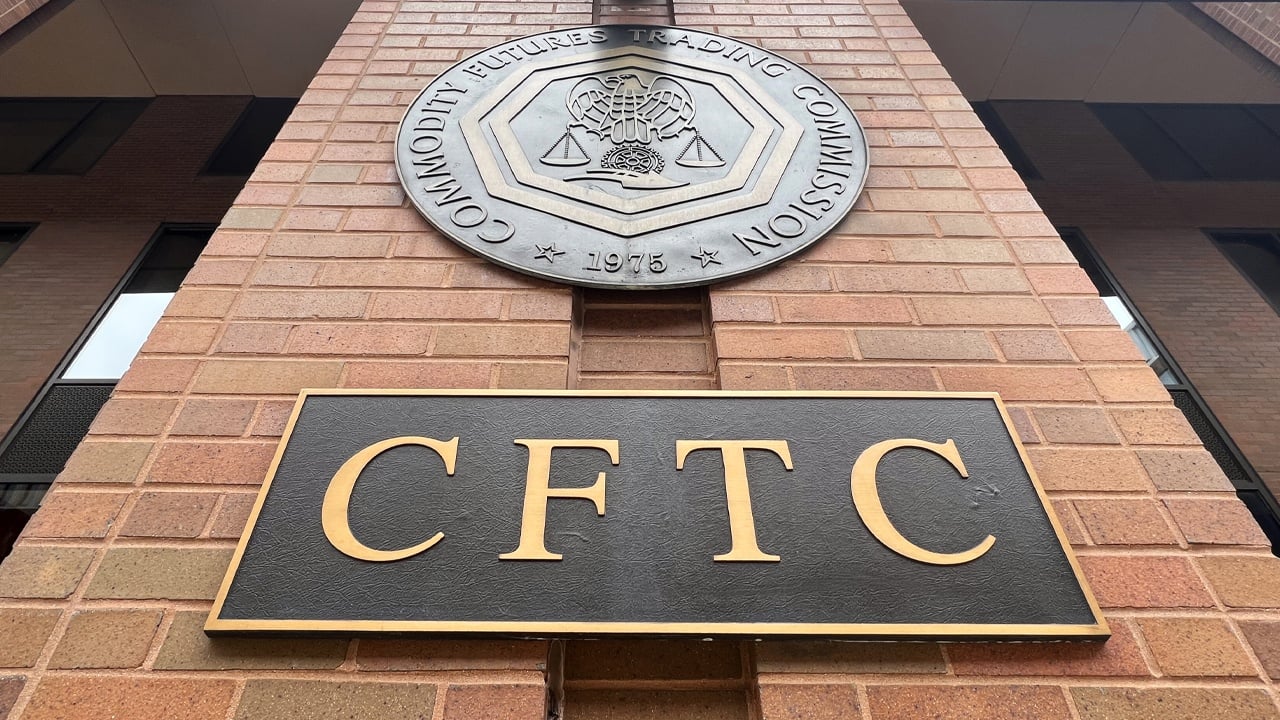Coinbase has voiced strong objections to the CFTC’s proposed ban on certain prediction markets, asserting that it is both legally questionable and economically detrimental. The company argues that the CFTC’s move to classify some prediction markets as “gaming” and impose a blanket ban oversteps its statutory authority and undermines the valuable role these markets play in the economy.
In a letter to the CFTC, Coinbase’s Chief Legal Officer, Paul Grewal, expressed concerns that the proposed ban deviates from the CFTC’s established practice of assessing event contracts on an individual basis. Grewal points out that the Commodity Exchange Act (CEA) requires this case-by-case evaluation, a principle that the CFTC’s new proposal appears to ignore.
By categorizing some event contracts as gaming, the CFTC’s approach risks disrupting the regulatory framework that has historically guided prediction markets.

Coinbase Challenges CFTC’s Prediction Market Ban, Calling It Legally Questionable and Economically Damaging
Grewal argues that the CFTC’s redefinition of “gaming” could negatively impact innovation and the growth of prediction markets. The proposed ban not only threatens to stifle these markets but also disregards the economic benefits they offer. Prediction markets are known for their ability to aggregate dispersed information into accurate forecasts, often outperforming traditional polling methods.
Furthermore, Grewal challenges the CFTC’s cost-benefit analysis, which he believes fails to fully account for the economic advantages of prediction markets. These markets provide valuable predictive data that can enhance resource allocation across various sectors, making them a crucial tool for informed decision-making.
Coinbase suggests an alternative approach: rather than imposing a blanket ban, the CFTC should work with Congress to obtain the resources needed for thorough product reviews.
Grewal advocates for a collaborative strategy involving industry and academic experts to develop a balanced regulatory framework that fosters innovation while protecting public interests. This approach could better align with legal requirements and support the growth of prediction markets.









































